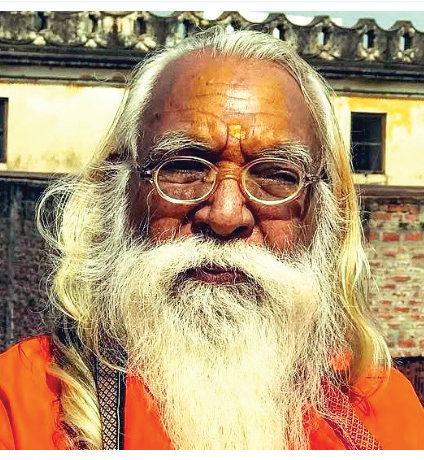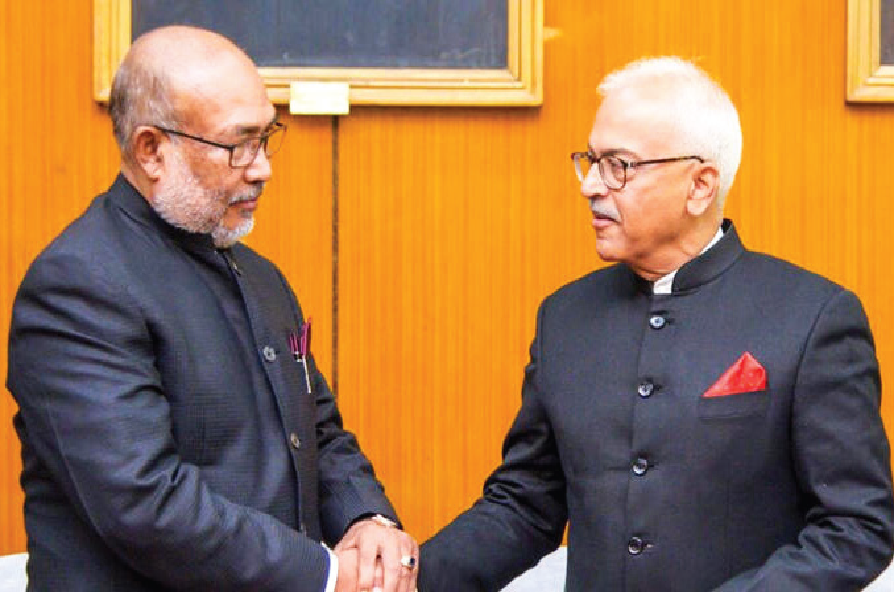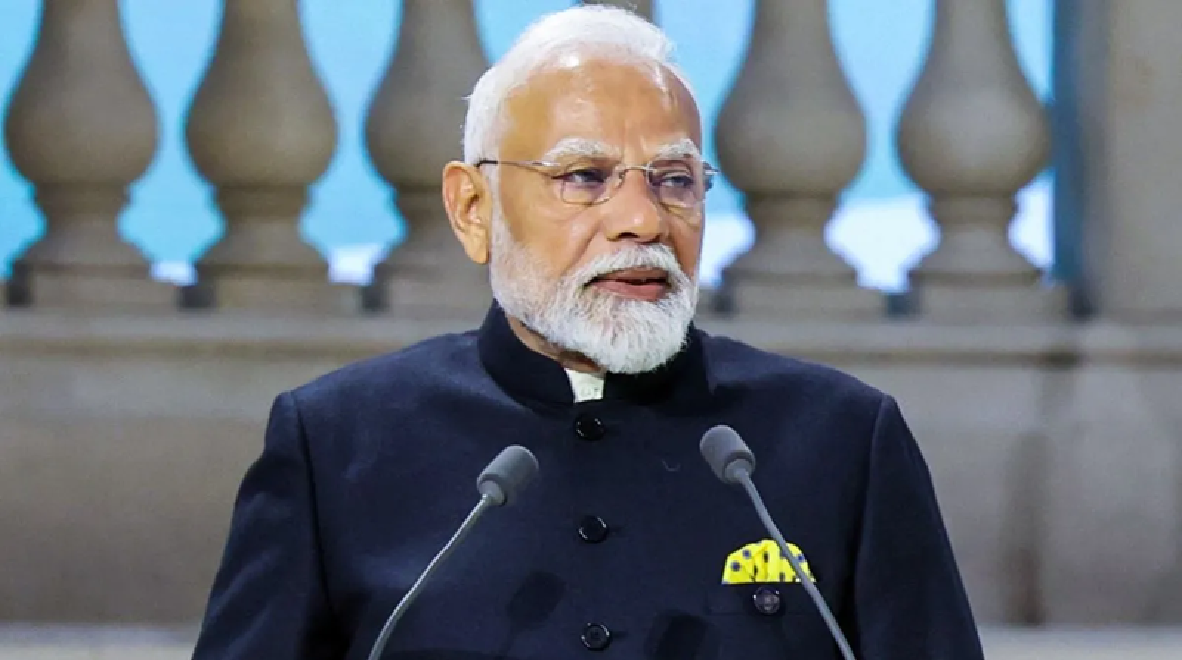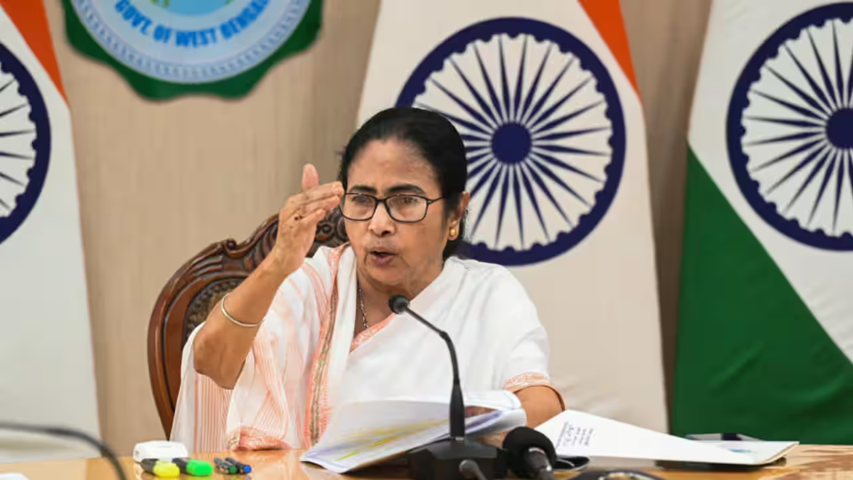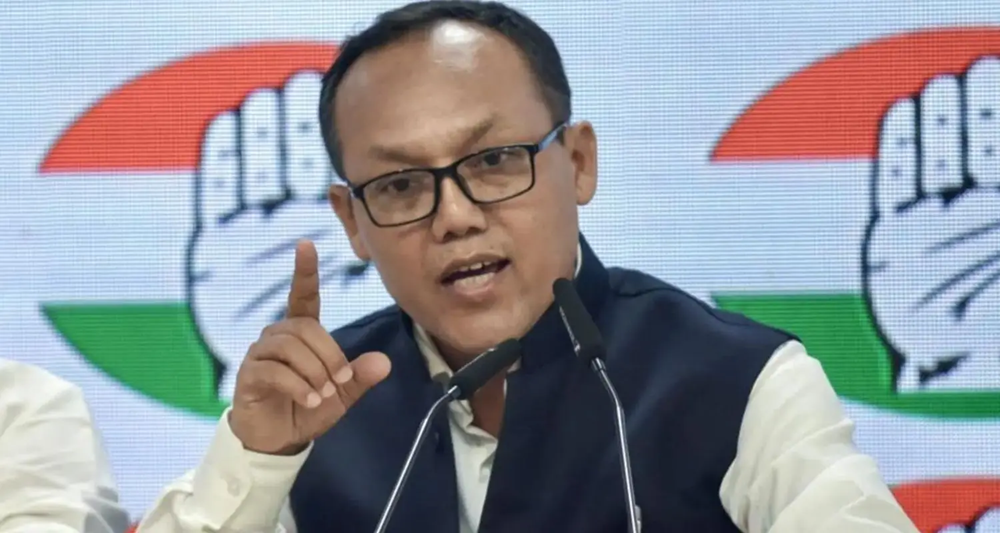
Manipur: BJP’s indecision could hit Mizoram too
Soumik Dutta | NT
Bengaluru: Was the Manipur violence an attempted ethnic cleansing exercise perpetrated by the majority community and allegedly supported by the government machinery, against an ethnic minority who are tribal and Christians?
The government has vehemently denied such accusations, though Manipur’s tribal bodies reiterate the charge of an attempted ethnic cleansing.
In a way, Manipur is an interesting case study, here the BJP has broken the Muslim narrative and has gone all out against the Christian minority community the Kuki-ZomiChin minorities.
As scapegoats, the Modi government and their vested interest groups have diverted the blame for the Manipur chaos to illegal immigrants from Myanmar, narco-terrorism and poppy cultivation in the hills of the state, as the linkages to the crisis, not to mention the Kukis who have been branded as immigrants from Myanmar.
Though the Indo-Myanmar border fencing as a way to stop infiltration has been suggested by Manipur, it is crucial to recognise that re-evaluating the 'Free Movement Regime'(FMR) is not feasible.
FMR allows tribes residing along either side to journey up to 16 kilometres within the other country's territory, without requiring a visa.
The region shares a 994-mile-long border with Myanmar, and the Indian communities of Mizoram, Manipur, and Nagaland have ethnic and kinship ties extending into Myanmar’s Chin State and Sagaing Region.
New Delhi sees the Myanmar military as a partner for controlling the border and denying safe haven to Indian rebel groups.
In reality, far from denying territory to Indian rebels, the junta is offering them sanctuary in Myanmar in return for fighting the pro-democracy People’s Defence Forces and ethnic revolutionary organizations (EROs) in Sagaing Region.
The UNHCR reports that there are about 40,150 Chin refugees in Mizoram and 8,250 in Manipur, with an additional 5,092 seeking registration with UNHCR in New Delhi.
India does not have a clear-cut domestic policy or law for refugees nor is it a signatory to UN conventions on refugees - the 1951 Refugee Convention and its 1967 Protocol.
All foreigners, legal or illegal, migrants or refugees, fall under The Passports Act of 1967 and The Foreigners Act of 1946.
However, while India is not a signatory to the UN conventions on refugees, it is obliged to adhere to the customary international law’s principle of‘re-foulement’ which says that there can be no forceful repatriation.
Further, Article 3 of the Torture Convention (India is a signatory) states, “No state party shall expel, return (refouler) or extradite a person to another state where there are substantial grounds for believing that he would be in danger of being subjected to torture.”
Mizoram is the only Indian state which has directly defied and rejected the Centre’s directive to deport Myanmar nationals who have taken shelter in parts of Mizoram.
“Mizos across the border in Myanmar are our brethren with whom we share close cultural and family ties, with many having close family connections, hence it was not possible for Mizoram to refuse shelter to our own brethren who fled Myanmar fearing for their lives,” Mizoram National Front (MNF) party president and chief minister Zoramthanga official Facebook and Twitter accounts.
The MNF was bold enough to back the opposition INDIA on the Manipur no-confidence motion.
 English daily published in Bengaluru & Doha
English daily published in Bengaluru & Doha


